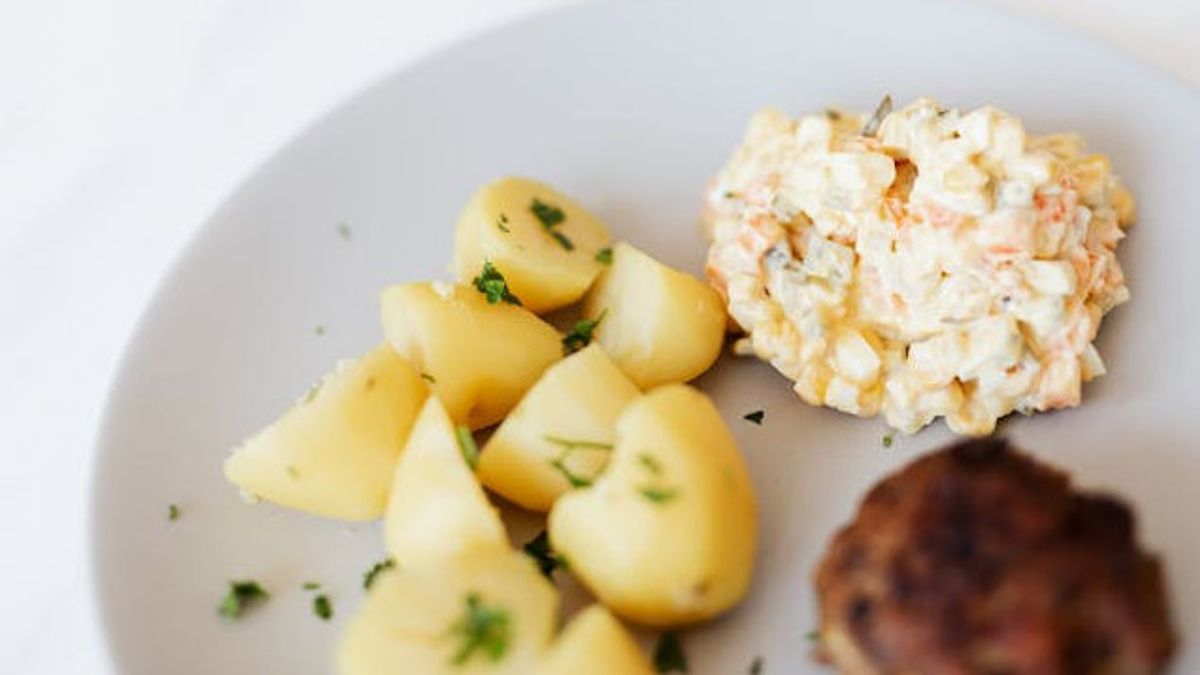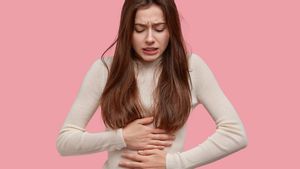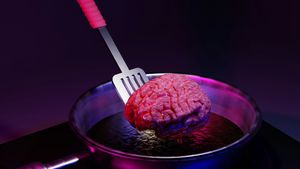JAKARTA - The gut microbiome is a complex microorganism community in the digestive system that affects almost every aspect of health. Starting from digestion and immune function to metabolic processes and weight.
Because diet plays an important role in shaping the composition and diversity of gut microorganisms. Understanding how food choices have an impact on the gut ecosystem is becoming increasingly important.
Today, the high diet of proteins is becoming increasingly trending. This is likely driven by the large number of studies that support a high diet of proteins to regulate weight. This trend directs researchers at Chicago's Illinois University to investigate the impact of protein diets on the diversity of intestinal microbiomes and body composition in recent research on mice.
The study also explores how proteins fermented by intestinal bacteria in the large intestines can produce beneficial metabolites, such as short chain fatty acids. And dangerous ones, such as ammonia and sulfide, are associated with digestive disorders.
They found that the shift from carbohydrate diet to various protein-rich diets in mice caused significant weight loss. Decreased body fat, and rapid changes to the composition of the gut microbiome. The study found that the gut microbiota responds differently to each type of diet. Show significant changes from carbohydrate diet to four different protein diets.
By using machine learning, researchers can predict with an accuracy of 97 percent what type of protein food a mouse consumes only by looking at the gut bacteria.
For MNT, Samson Adejumo, research lead outlines which protein diet specifically results in the largest drop in fat and weight mass.
"The combination of 5 percent of branch chain amino acids with 5 percent of aromatic amino acids produces the lowest body weight, while [the 10 percent aromatic amino acid diet] has the lowest percentage of fat mass but the highest weight gain," he said.
This result implies that in addition to the type of food, the type of gut microbiome that metabolizes food is also much more important. Ethical microbiome metabolism from food has the greatest impact on body composition, "explained Adejumo.
Adejumo also explained how the changes observed in the gut microbiota may be related to body composition and weight loss. He said aromatic amino acids, mainly involved as neurotransmitter precursors, are essential to maintain the body's normal biological function.
In contrast, branch chain amino acids are involved in maintaining muscle function and producing protein in muscle development.
The change in the gut microbiome reflects the biological availability of important intestinal microbiomes. Whenever the gut microbiome can take advantage of food ingredients, it will have a positive impact on body composition, especially fat and fat mass.
SEE ALSO:
The change in the gut microbiota can be influenced by the type and amount of protein consumed, thus affecting the body's composition. It also implies that healthy gut microbiomes are important to maintain optimal composition and weight.
Further research is needed to ascertain whether protein diet causes all observed changes to the composition of the body and intestinal bacteria in mice. However, the predictable pattern identified by the researchers indicates a connection between protein diet and intestinal microbiome changes.
The English, Chinese, Japanese, Arabic, and French versions are automatically generated by the AI. So there may still be inaccuracies in translating, please always see Indonesian as our main language. (system supported by DigitalSiber.id)


















